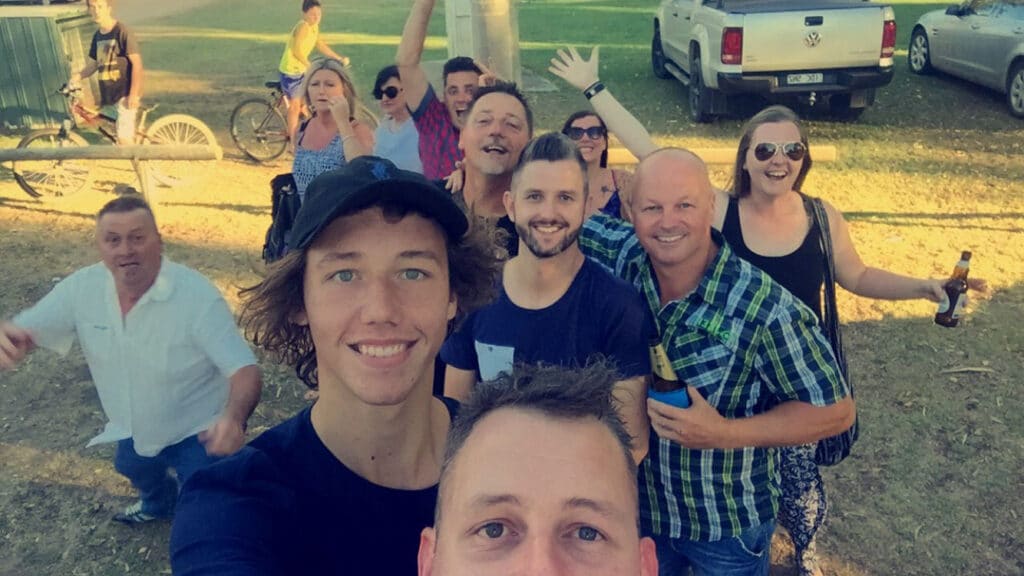Best Tour Management
The best tour managers are well-prepared for the issues and crises that sometimes arise on tour, and deal with them resourcefully and efficiently.
Tour managers travel with musicians and crew members on touring journeys that can span the globe and last for months. Their job is to make sure everything runs smoothly, which usually means arranging travel plans, coordinating with venues, managing money, facilitating media interactions, and scoping out local services at each tour stop.



